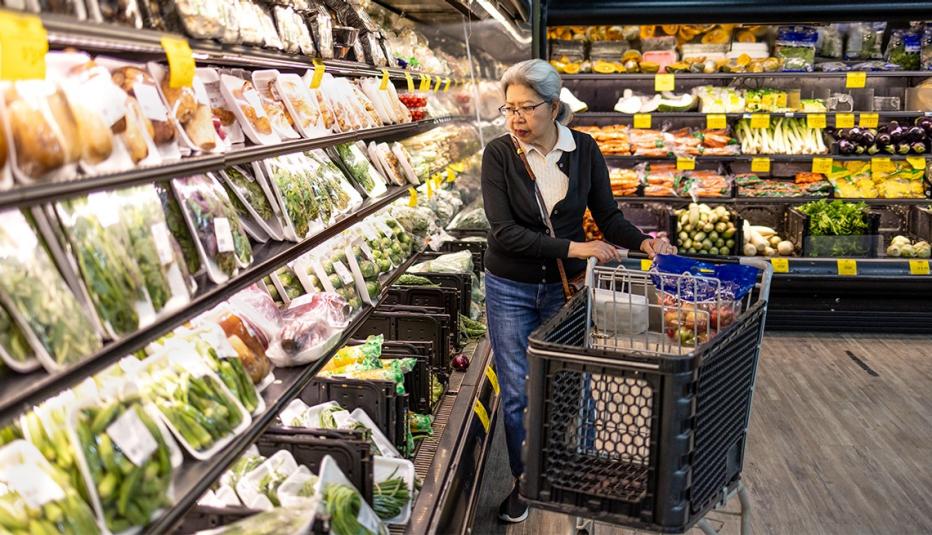AARP Hearing Center


The Supplemental Nutrition Assistance Program (SNAP) provides financial assistance to low-income individuals and families to buy food. The program helps reduce food insecurity and may also improve health and well-being and lower health care costs among older adults. Although many older adults are eligible for SNAP, a variety of barriers, such as a burdensome application process, keep many from participating. Policy solutions are available that could help enroll more eligible older adults in SNAP, which would improve food security as well as health and financial security for many older people living on limited incomes.
This paper proposes four federal policy options that build on documented successful efforts to improve SNAP access and participation among eligible older adults. The list is not meant to be exhaustive; moreover, efforts to improve SNAP access for older adults will be most successful when combined with a variety of policy and programmatic efforts at all levels of government.
Federal Policy Options to Improve SNAP Access for Older Adults
- Streamlining SNAP enrollment for recipients of Supplemental Security Income
- Medicaid–SNAP data sharing for outreach and enrollment
- Extended certification periods
- Telephonic signatures without audio recording
The federal policy options presented in this report, some of which have already shown success through demonstration projects, can improve SNAP access and participation among eligible older adults. These options could also help reduce administrative burden on both SNAP staff and older adult applicants and participants. At the same time, additional efforts will be needed at all levels of government to address SNAP access barriers among older adults and help ensure that everyone who is eligible for these benefits can receive them.






























































